Annually, 750 000 tons of raisins are produced worldwide - the most commonly used variety are white seedless grapes.
Doctors encourage eating raisins, since they contain fiber, antioxidants, plus they have a low glycemic index - these factors aid in regulating blood sugar levels.
To bring the risk to your heart or blood vessels down to a minimum, it is necessary to maintain a normal level of hemoglobin. Dried grapes contain barely 23% water.
In addition, raisins are exceptionally rich in copper, zinc, calcium, magnesium, iron - various studies show that they contain high amounts of vitamin A, as well as vitamin B complex.
We can also use raisins as an addition to muesli for breakfast or to yoghurt. Raisins can also help against kidney, bladder and other health problems.
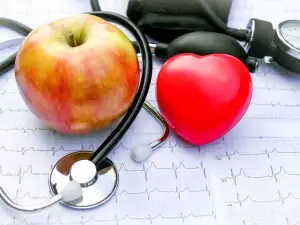
All of these things aside, raisins have quite a high energy value - let us also not forget that dried grapes never spoil.
In addition to all the beneficial components found in raisins, scientists announce that they are also highly caloric. The reason is the high fructose concentration. These dried fruits are not suitable for people suffering from stomach and duodenum ulcers.
The latest results show that eating raisins at least 3 times a week can also significantly lower blood pressure. Other foods which decrease blood pressure are:
- Kiwi - Representatives of the American Heart Association are adamant that if you eat 3 kiwis a day, your blood pressure will fall into the normal boundaries.
- Watermelons can also help lower the blood pressure of overweight people. American scientists are categorical that the fruit decreases the risk of a heart attack.
The team of Prof. Arturo Figueroa from Florida State University has discovered that watermelon extract can lower pressure on the aorta and heart in overweight people even in cold weather.
- The next fruit you shouldn't limit if you suffer from high blood pressure is bananas.
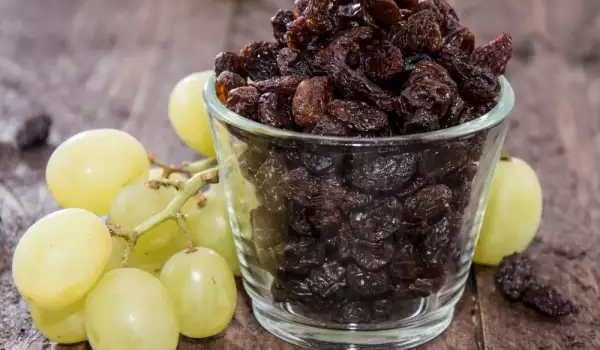
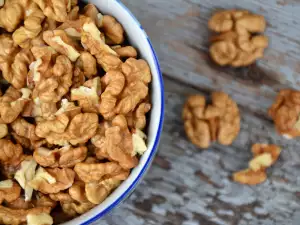
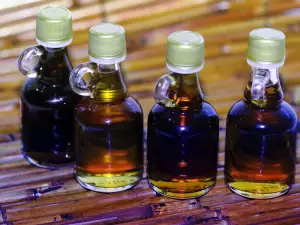
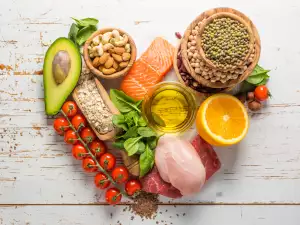



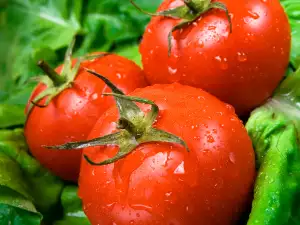

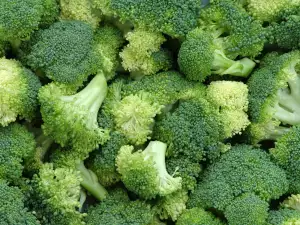
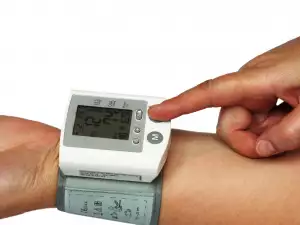
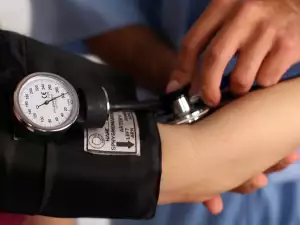

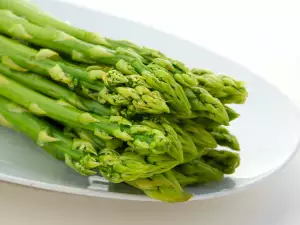
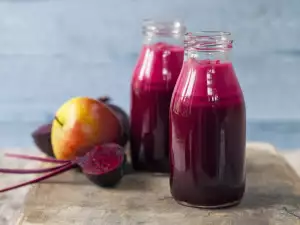




Comments